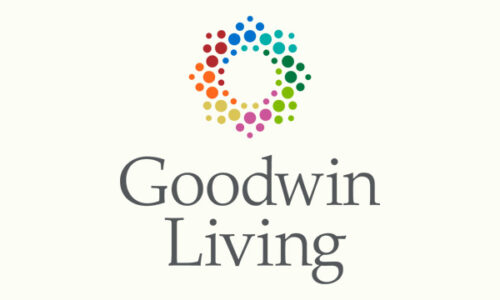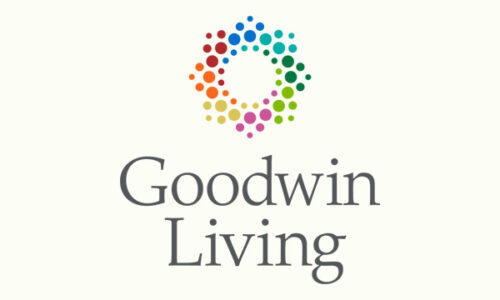February 27, 2020
New Report Examines Quality and Cost Differences in Nonprofit and For-Profit Hospice Organizations
by Amber McCracken
The Centers for Disease Control (CDC) reports that there are 1.4 million people receiving hospice care in our country. A new report recently commissioned by the National Partnership for Hospice Innovation (NPHI) and prepared by the global actuarial and consulting firm Milliman, shows that the experience for these patients may vary dramatically based upon the organizations delivering hospice care. The report found that nonprofit hospice organizations provide better quality hospice care for Medicare beneficiaries than for-profit hospices – and they do so at lower costs.
Noticeable Differences: Nonprofit and For-Profit
“NPHI commissioned this report because we want to contribute to the understanding of the differences and similarities in financial performance and quality of care between nonprofit and for-profit hospices serving Medicare beneficiaries,” said Tom Koutsoumpas, President and CEO of NPHI. “We hope that Congress, the executive branch, hospice and palliative care providers and other interested stakeholders will integrate this report’s findings into their ongoing work to support and increase access to high quality end-of-life care for all beneficiaries of Medicare.”
The report found that, as compared to for-profit hospices, nonprofit hospice organizations:
- Report higher costs per day for direct patient care
- Report more visits per patient-day for nursing care, therapy, and social worker services
- Have fewer patients who discontinue hospice care
- Generate lower Part A costs for Medicare in the subsequent 90 days among those patients who do decide to discontinue hospice care
Another differential between for-profit and nonprofit hospice organizations is in their expenditures. For example, nonprofit hospices report spending twice as much on bereavement services as for-profit hospices. For-profit hospices spend over 300% more on advertising costs than nonprofit hospices.
Driven by Compassion and Responsible Stewardship
The report’s findings are in line with the caliber of hospice care provided by Goodwin Hospice, a nonprofit service under the umbrella of Goodwin Living Incorporated (GHI). Goodwin Hospice provides hospice care to individuals with life-limiting illnesses in their homes in the Northern Virginia area, as well as in GHI’s two senior living communities, Goodwin House Alexandria and Goodwin House Bailey’s Crossroads.
“Our hospice program epitomizes the overall core commitment we have at Goodwin Living to dignified, personalized care,” said Cynthia Carney, executive director of Goodwin Hospice. “Our coordinated care team is generous with their time, talent and their support services while maintaining a focus on stewardship of Medicare dollars.”
Those seeking hospice care and their loved ones are advised to pursue hospice organizations that have quality of care and credentialing from respected agencies. Two government reports released last year by the Health and Human Services (HHS) Office of the Inspector General revealed variances in hospice care in our country. From 2012 through 2016, federal health inspectors cited 87% of U.S. hospices surveyed for deficiencies — and 20% of those surveyed had lapses serious enough to endanger patients.
“When emotional, physical and spiritual support are replaced with neglect and greed, we fail the most vulnerable in our society,” said Carney. “These are people, not profits.”
Goodwin Hospice maintains accreditation from the independent, nonprofit accrediting body, Community Health Accreditation Partner.
——
Amber McCracken is the executive director of Current Communications, a boutique consultancy that helps organizations with their marketing and public relations activities. Amber has worked with GHI since 2014, providing her expert advice to support Goodwin Living At Home. She contributes regularly to The Good Life, both as a writer and editor. Amber lives in North Carolina with her husband and two children.





